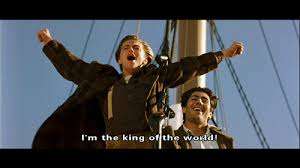
I’m the king of the world! — James Cameron on accepting the 1998 Best Director Oscar for Titanic (1997) Nothing epitomizes the insularity, vanity, and self-regard of the entertainment industry like awards shows.

I’m the king of the world! — James Cameron on accepting the 1998 Best Director Oscar for Titanic (1997) Nothing epitomizes the insularity, vanity, and self-regard of the entertainment industry like awards shows.

“The judgement of quality is always situated. That is to say, somebody makes the judgement from some aesthetic or political or moral position.” (Feuer, 2007: 145) This latest contribution to CST has been inspired by the viewing choices of most of my students, and their predilection for what has variously been described as popular television and mass entertainment.
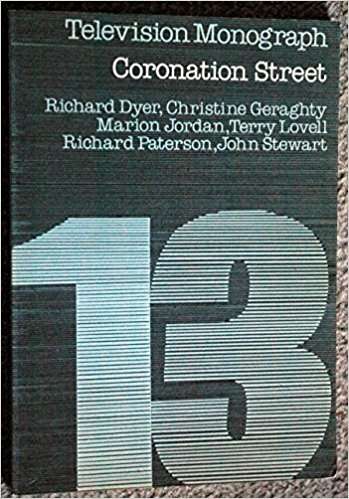
It all started with Traumschiff (ZDF, since 1981). Traumschiff is the German version of Love Boat (CBS, 1977-1986). It is less humorous and more melodramatic, but there is an element of self-deprecation about it: the main stars engage in a lot of winking and eye-twinkling.
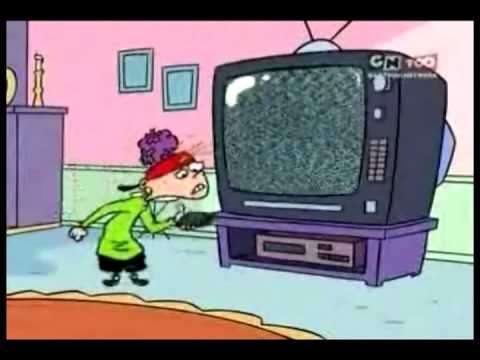
In a world of increased professional mobility, which often transplants scholars internationally for various lengths of stay, I have always felt myself at home with television. No matter where I moved – access being less of a problem today than ever before, I found a way to reconnect with what I loved, explore what is new, and understand the culture (and its misrepresentations) with a little help of my screen friends.

British television re-started after the Second World War on 7 June 1946, with programmes that included adaptations of theatre dramas, and relays of public ceremonies and sporting events. It relied heavily of remediation, Jay Bolter and Richard Grusin’s (1999) concept of remaking or repurposing meanings from one text into another but also the extension of a text across multiple mediums and platforms.

Last Sunday, faced with a disappointing episode of Philip K.Dick’s Electric Dreams ( Sony Pictures TV for Channel 4, 2017 – ) on Channel 4 and the blandness, not to say offensiveness of watching episode 3 of The Last Post (BonafideFilms for BBC, 2017- ), we turned to a repeat of The Monocled Mutineer (BBC, 1986) on the Yesterday channel.
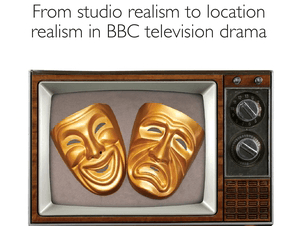
… don’t worry; you’re still doing better than most modern undergraduates. Welcome back everyone – and what better way to start the academic year than with a good read? After what seems (to me) like an eternity, my first book – The Changing Spaces of Television Acting – was at last published at the end of August, and I have since been busily promoting it via whatever means possible.

We are seeking proposals for a symposium to be hosted by the School of Arts and Creative Industries at Edinburgh Napier University on May 5-6, 2018.
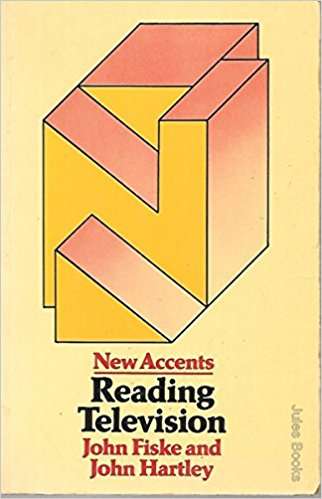
Switching channels. Yesterday’s television theory– today. This year, television scholars celebrate the 30th anniversary of John Fiske’s seminal work Television Culture. Based on a thorough analysis of television programmes, Fiske uncovered the economic and societal implications of television as a cultural institution.

What Students Want to Write About (Final Project) I have been absent from CST for too long. The reason for my absence has been entirely due to my commitment to work and students undergoing their ‘Final Year Project’. In January I was given the honour and task of guiding 150 BATAR (BA Television and Radio) final-year students through their last, and arguably most important, Theory Essay.